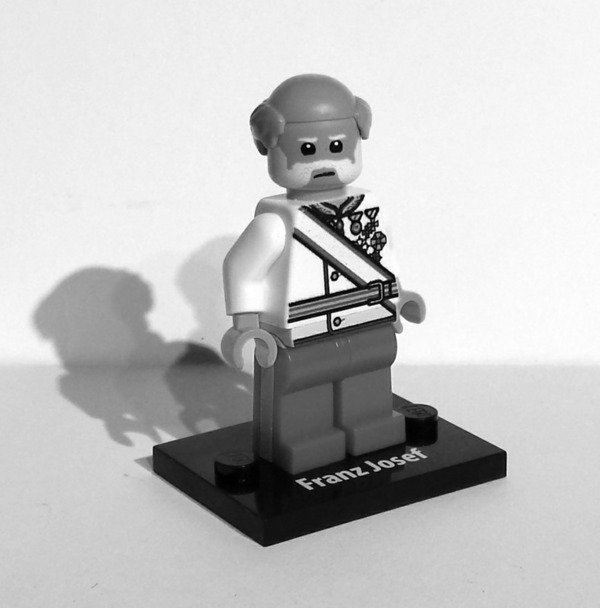Parallel Traces
dal 19/11/2014 al 10/1/2015
Segnalato da
Zarko Aleksic
Maurizio Cirillo
Olivia Coeln
Judit Fischer
Katalin Haasz
Peter Hecker
Sebastian Hoch
Tamas Kende
Maria Muhar
Martina Simkovicova
Stephanie Stern
Lelle Szelley
Kamilla Szíj
József Szolnoki
Csaba Vandor
Martin Guttmann
Michael Hopfner
Reka Nemere
Valeria Sass
19/11/2014
Parallel Traces
Academy of Fine Arts Vienna, Wien
'Parhuzamos nyomok. Budapest-Vienna 1914-2014' explores the two cities as models of the rapidly changing social, urban and geopolitical structures. The collaboration between the young artists has been initiated by the Austrian Cultural Forum in Budapest and supported by the RD Foundation Vienna.

"Parallel Traces/Párhuzamos nyomok. Budapest-Vienna 1914-2014" explores the two cities as models of the rapidly changing social, urban and geopolitical structures at the dawn of the modern age and their relationship in the year of remembrance 2014.
The project groups from the Department of Art and Photography at the Academy of Fine Arts Vienna and the Doctoral Program of the Hungarian Academy of Fine Arts based their approach on situation-related practices, first investigated the urban space of Budapest and Vienna, and then derived their individual works from the insights resulting from this exchange and their experiences. This process allowed for other, unexpected views of urban (hi)stories, of Modernism, and collective remembrance and led to a reflection of the relationship between the two states whose historical developments in the twentieth century could not have been more different.
In her photo works, Olivia Coeln reduces monuments to their cubic forms and makes all information of memory disappear. It is exactly this invisible representation Stefanie Stern searches for at the border between the two states. József Szolnoki tries to determine a kind of demarcation line across Europe in his interviews with Serbs in Vienna. Katalin Haász takes up the issues of Modernism in Wittgenstein's and Malevich's works in her paintings - arriving at observations which are also reflected in Maria Muhar's photographs of modern cities' light phenomena. Both Kamilla Szíj and Lellé Szelley draw on first-hand memories from their relations in their large-format drawings and installations. Maurizio Cirillo's casual notes on his daylong wanderings intervine with the search for Viennese and Budapest streets in Martina Šimkovičová's video.
Sebastian Hoch's video of a drone flight across the US Embassy in Vienna deals with the strained relationship between city and transnational politics - an issue also examined by Žarko Aleksić, who confronts mounds of earth from Hungary, Serbia, and Austria with a text analysis of the presentation of the First World War in contemporary textbooks for schools. Tamás Kende's "Franz Josef Land," on the other hand, has turned into a science fiction utopia of Lego bricks. Whereas Judit Fischer has chosen war games from after 1914 as her subject, Péter Hecker's fetishes carved in wood - beards sported by the artist - recall personalities from around 1900. Comprised of lamps and piano parts, Csaba Vándor's installation is, comparable to a shooting gallery, activated by the visitors.
The collaboration between the young artists has been initiated by the Austrian Cultural Forum in Budapest and supported by the RD Foundation Vienna, Aktion Österreich-Ungarn, Balassi Institut - Collegium Hungaricum Wien, as well as by the Academy of Fine Arts Vienna and the Hungarian Academy of Fine Arts in Budapest.
Image: Tamás Kende, Franz-Josef-Land, 2014, installation,150 x 150 cm, Courtesy of the artist
Press Contact:
Claudia Kaiser, c.kaiser@akbild.ac.at
Opening: November 20th, 2014
Academy of Fine Arts Vienna
Main Buliding, Schillerplatz 3
Tue–Sun, 10.00 a.m.–6.00 p.m.,
Special opening days: Open on 08.+26.+29.12.2014 as well as 5.+6. January 2015 / 10.00 a.m.–6.00 p.m.,
closed on 24.+25.12.2014, 01.01.2015
free admission



